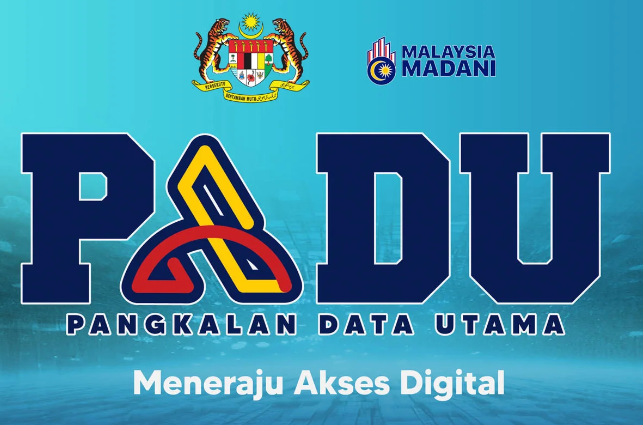The Malaysian government’s PADU (Pangkalan Data Utama) system has been the subject of much discussion since its launch in early 2024. Designed to streamline government aid distribution and policymaking, PADU aims to create a centralized database of Malaysian citizens. But what exactly is it, and why should you care?
What is PADU? PADU is essentially a comprehensive digital profile of every Malaysian aged 18 and above. It contains personal information, household details, and financial data collected from various government agencies. The government intends to use this information to:
- Target government aid more effectively.
- Develop policies based on accurate, up-to-date data.
- Improve the efficiency of government services.
- Reduce income inequality.
Why Register for PADU? Registering for PADU is crucial for several reasons:
- Eligibility for benefits: Accurate information in PADU increases your chances of qualifying for government aid and subsidies.
- Policy influence: Your data contributes to the development of policies that address the needs of Malaysians.
- Improved government services: PADU helps streamline government processes, potentially leading to faster and more efficient service delivery.
How to Register The registration process is relatively simple and can be completed online. You’ll need your MyKad and access to a computer or smartphone. It’s essential to review and update your information to ensure accuracy.
Concerns and Questions While PADU offers potential benefits, concerns about data privacy and security are understandable. The government has assured citizens of robust security measures to protect personal information.
Conclusion PADU represents a significant step towards a more efficient and equitable government. By understanding the system and registering, Malaysians can play an active role in shaping the country’s future. While data privacy remains a valid concern, the potential benefits of PADU make it a system worth engaging with.
Ultimately, the success of PADU depends on both the government’s ability to safeguard sensitive information and the public’s trust in the system.
